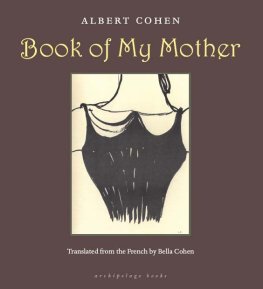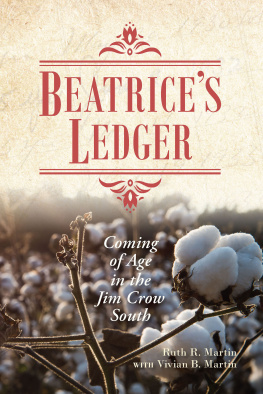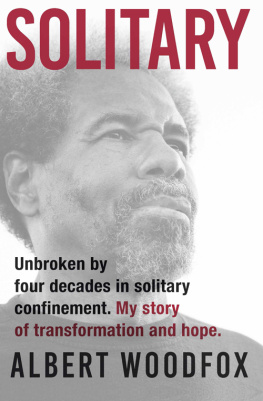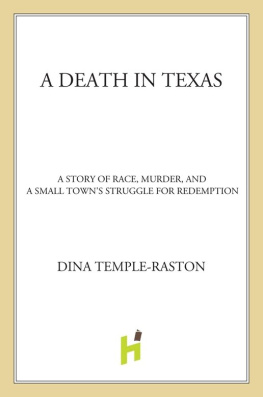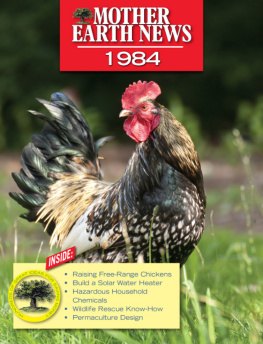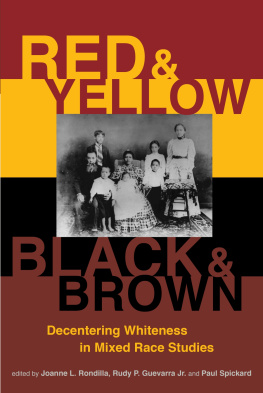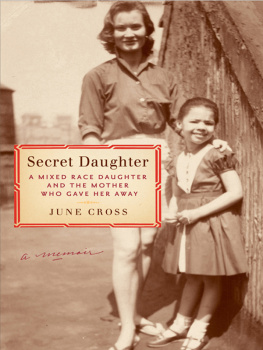Thank you for downloading this Simon & Schuster ebook.
Get a FREE ebook when you join our mailing list. Plus, get updates on new releases, deals, recommended reads, and more from Simon & Schuster. Click below to sign up and see terms and conditions.
CLICK HERE TO SIGN UP
Already a subscriber? Provide your email again so we can register this ebook and send you more of what you like to read. You will continue to receive exclusive offers in your inbox.
We hope you enjoyed reading this Simon & Schuster ebook.
Get a FREE ebook when you join our mailing list. Plus, get updates on new releases, deals, recommended reads, and more from Simon & Schuster. Click below to sign up and see terms and conditions.
CLICK HERE TO SIGN UP
Already a subscriber? Provide your email again so we can register this ebook and send you more of what you like to read. You will continue to receive exclusive offers in your inbox.
Praise for Racehoss: Big Emmas Boy
As remarkable as Wrights [ Black Boy ].
Richard Stern,
Chicago Tribune
Startling as a cell-door clanking shut... Sample has made it, and Racehoss is his proof.
Peter C. Wyckoff,
The Houston Post
Of the most remarkable stories Ive come across, perhaps the most remarkable is the story of Albert Race Sample, known as Racehoss. This book is more than a searing indictment of the Southern prison system. It is an outcasts eloquent testament to life.
Studs Terkel,
Pulitzer Prizewinning author
Scores of listeners have written and called to tell me how they sat, spellbound, hearing Sample relive his spiritual experience. Many said they wept right along with him. Others were moved to reflect on their own lives because of his inspirational words.
Diane Rehm,
The Washington Post
The book reads like good naturalistic fiction: strong narrative and dialogue, and many incidents of raw, shocking and absolutely convincing authenticity.... [The] book is also warmly funny. The prisoners are brought to life through Samples accurate ear for how people talk, and its clear that humor is one of the means for surviving in hell.
Don Graham,
The Dallas Morning News
[Sample is] an affecting storyteller.
Brian Moss,
New York Daily News
Extraordinary... The prison stories are raw, horrible and occasionally funny. Again, the absence of bitterness is remarkable. Sample doesnt tell you about ithe puts you there.
Molly Ivins,
Dallas Times Herald
The book does read like a novel.... It offers glimpses into characters any master of fiction would have been proud to have created... the speech, spiced with folksy sayings and simile, is a joy to read.
Mike Cox,
Austin American-Statesman
[At] the end I knew I had read a classic. If you accept Racehoss in the right spirit, it will blow your mind.
Maury Maverick,
San Antonio Express-News
Albert Samples book offers a powerful chronicle of the Texas penal system, life in Depression era East Texas and of how, despite seemingly insurmountable odds, one man rose above the scum that life can dish out and still came out a winner.
Mike Elswick,
Longview Morning Journal

Scribner
An Imprint of Simon & Schuster, Inc.
1230 Avenue of the Americas
New York, NY 10020
www.SimonandSchuster.com
Copyright 1984 by Albert Race Sample Copyright 2018 by Albert Race Sample and Carol Gene Sample
All rights reserved, including the right to reproduce this book or portions thereof in any form whatsoever. For information, address Scribner Subsidiary Rights Department, 1230 Avenue of the Americas, New York, NY 10020.
First Scribner hardcover edition May 2018
SCRIBNER and design are registered trademarks of The Gale Group, Inc., used under license by Simon & Schuster, Inc., the publisher of this work.
For information about special discounts for bulk purchases, please contact Simon & Schuster Special Sales at 1-866-506-1949 or .
The Simon & Schuster Speakers Bureau can bring authors to your live event. For more information or to book an event contact the Simon & Schuster Speakers Bureau at 1-866-248-3049 or visit our website at www.simonspeakers.com.
Interior design by Kyle Kabel
Jacket design by David Litman
ISBN 978-1-5011-8397-3
ISBN 978-1-5011-8399-7 (ebook)
Dedicated in memory of my mother, Emma. And to Carol, my wife and best buddy. For without her love, help, and inspiration, this book would not have happened. But I thank her most of all for walking back in time with me and holding on to my hand so Raw Hide and Bloody Bones wouldnt get me. And to Amber, my daughter and helper. And to all the children of the world who suffer.
Contents
Foreword
T olstoy got it wrong. Unhappy families are also all alike. Albert Sample came from one of them. In this extraordinary memoir, he writes hauntingly and elegantly about a life a middle-class white guy like me can scarcely imagine. The son of a poor black prostitute and a relatively wealthy white john, he witnessed as a young kid a shooting, a stabbing, and a near lynching (of his own mother, no less). In school one day, he stabbed a teacher with a pocket knife. On another day, he beat a classmate with a broom handle. He had to duck whiskey bottles thrown at his head by his drunk, enraged mom and watched helplessly as she was abused. By the time Sample was six years old, he was on his own. At the age of twelve, he started hopping freight trains and riding across the country. At twenty-two, he went to prison for the first time.
But while a reader like me might be unable to fathom the granular details of Samples life, most everyone in prison has lived it for himself. In a quarter century of representing inmates, Ive heard more verses of the same song than I can remember: abusive or absent parents; drug or alcohol dependency; physical, sexual, or psychological abuse, or a combination thereof; poverty so extreme it belongs in an undeveloped country, not America. Ive learned that what separates the people Ive represented from the kids I grew up with is the horizon line of their vision. Middle-class kids plan for the future: college, a career, a partner, kids. Impoverished kids plan for tomorrow, or the next meal.
Other than his flair for telling it, there is nothing all that special about Albert Samples circumstance. One in three black men go to prison. Anyone who knows anything about the biographies of inmates could have told you it was a near certainty that Sample would be one of them. And like so many inmates, if Sample felt even the least bit sorry for himself, he doesnt reveal it. His description of prison life, written in matter-of-fact and unsentimental prose, should be required reading for anyone who still harbors the illusion that our criminal justice system has advanced much beyond medieval times. Consensual homosexual sex, because that is the only sex available, is not uncommon, but neither is violent rape; vicious fights between inmates, some involving weapons and others only fists, is constant; so too is sadistic abuse from racist guards. The racism Sample recounts is exactly what one would expect in rural Texas in the 1950s: so pervasive it is normal. When Sample describes being handcuffed and hung by the cuffs from a steel rod by one of the sadistic guards, the description is so vivid I felt my own wrists sear in pain.
Except for the nation of Seychelles (which also imprisons pirates), the United States incarcerates more people per capita than any country in the world. We have nearly seven hundred people in prison for every one hundred thousand in population. (Including juveniles in the statistic would add nearly fifty thousand to the number already held in custody.) By contrast, France incarcerates 103 per one hundred thousand and Germany imprisons seventy-eight.
Next page

